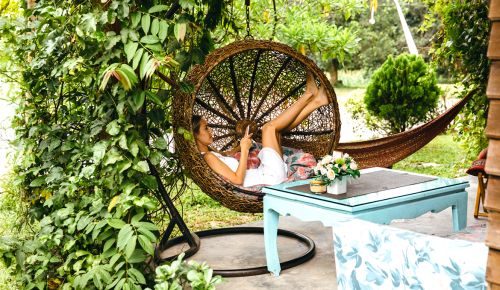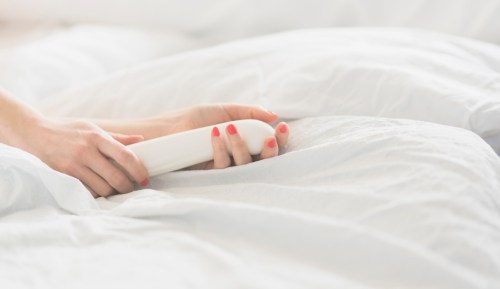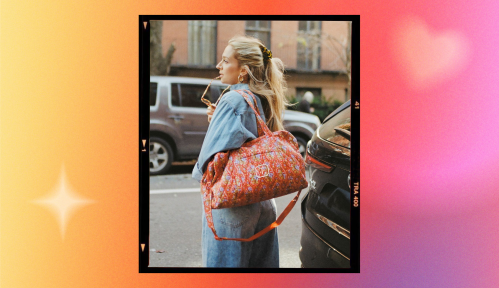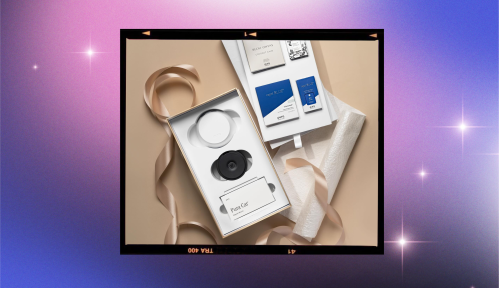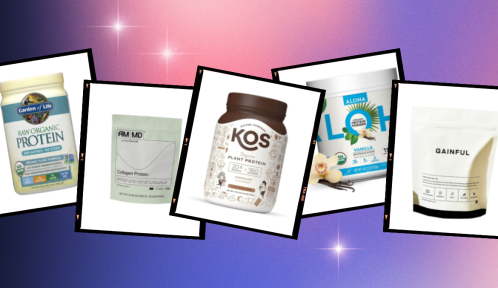Air purifiers were all the rage before COVID-19 came into our lives, and for good reason: The air inside our homes is likely dirtier than the air outside of them. But the pandemic has redefined what many of us think of as dirty air, because indoor air is largely thought to be more concerning when it comes to catching viruses or bacterial infections than outdoor air. Companies selling air purifiers are now positioning their products as being able to reduce the indoor risk of contagion, which is quite the selling point. But can air purifiers actually reduce the risk of catching viruses and other airborne transmissible illnesses?
Experts in This Article
Jaya Rao is the co-founder and CEO of Molekule, a San Francisco-based science and clean air company that has developed a fundamentally new approach to cleaning air that involves breaking down and destroying pollution at a molecular level.
professor of medicine and epidemiology at UCLA
“The short answer is yes,” says Timothy Brewer, MD, professor of medicine and epidemiology at UCLA. “There is at least laboratory data to suggest that these filters are capable of removing viral-infected respiratory droplets from the air.” Most air purifiers, he explains, use High Efficiency Particulate Air (HEPA) filters—the same types of filters found on airplanes. “HEPA filters pick up things that are less than 0.3 microns [in size], and viruses are much smaller than that, usually,” Dr. Brewer says.
Given this, there’s a compelling argument to be made for adding an air purifier to your home to help reduce the spread of illness to those in your household. “When it comes to dealing with airborne viruses, the guidance given by the CDC and others is to help increase your indoor ventilation rate—so basically, dilute the air of anything that someone is bringing in,” says Molekule CEO and co-founder Jaya Rao. “Most of us can’t really tinker with our Heating, Ventilation, and AirCondition or HVAC system, and while you can open windows, if you’re sitting in really cold [or hot, or fire-polluted] weather you may not be comfortable doing that either.”
She further notes that many of us have increased the amount of cleaning products we’re using during the pandemic, too, which can also leave potentially unhealthy chemicals dangling in their indoor air. “Those things aren’t good to breathe either, so you may have solved one problem but you’ve created this other problem,” says Jaya. “Air purifiers can help reduce the burden of those chemical pollutants as well.”
With all that said, neither expert advocates for abandoning safety protocols in favor of switching on an air purifier or two. The key word, when it comes to what air purifiers can do to contagion risk, is “reduce”—they are not a failsafe. “[Air purifiers] are not a replacement for [pandemic safety measures], so you can’t stick a filter in your house and then invite all your friends over and have a giant party—it doesn’t work that way,” says Dr. Brewer. “While they probably add some benefit, that doesn’t eliminate the need to maintain physical distancing, masking, and minimizing contact with people outside of your immediate household or pod.”
And if you can’t spring for an air purifier at present, Dr. Brewer says that there are other steps you can take—as Jaya also mentioned—to improve the ventilation in your home. “The first thing to do is open a window if you can,” he says. “Putting a fan in a window and exhausting air outside would also be a cheap way to increase ventilation to reduce particles. You could actually wear a mask in the house, too [if company is present]. Those are things people can do right away that won’t cause money and can minimize exposure.”
Oh hi! You look like someone who loves free workouts, discounts for cult-fave wellness brands, and exclusive Well+Good content. Sign up for Well+, our online community of wellness insiders, and unlock your rewards instantly.
Sign up for the Well+Good SHOP Newsletter
Get exclusive deals on wellness, beauty, fitness, and food products that have been hand-picked by our editors.
Got it, you've been added to our email list.

